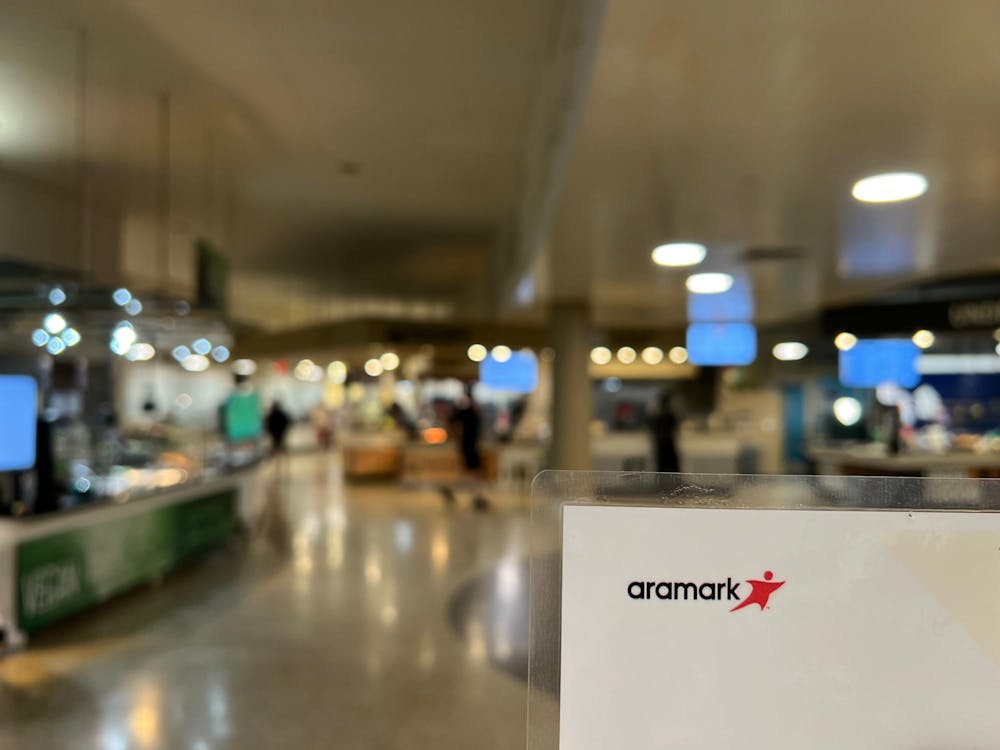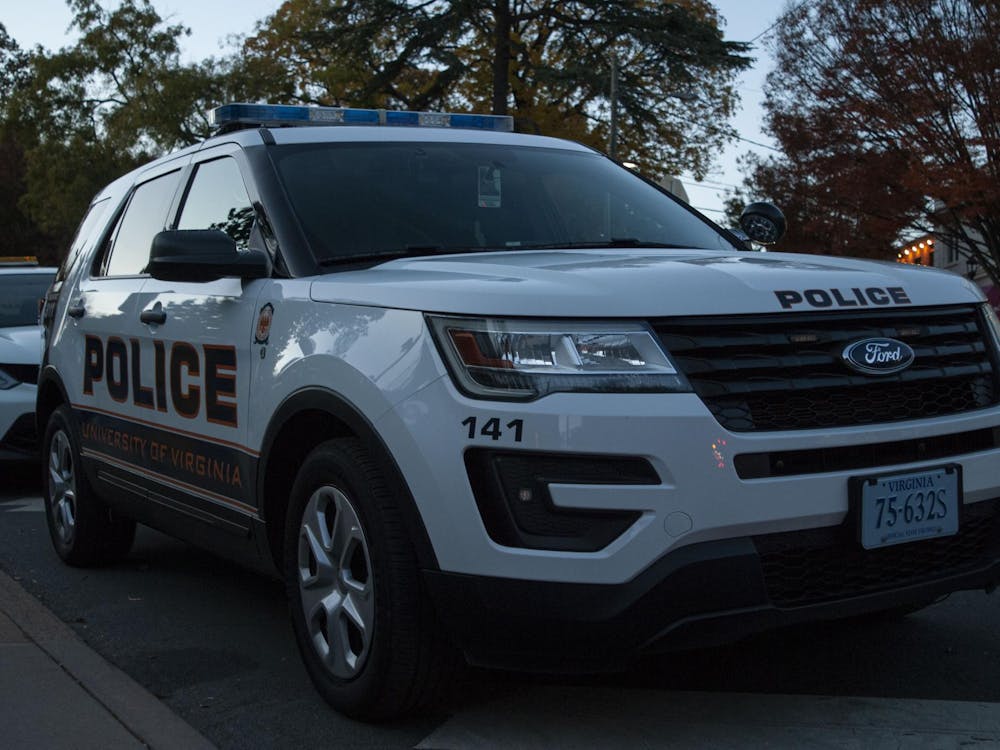The Young Democratic Socialists of America at U.Va. shared a petition and open letter criticizing the University’s current COVID-19 protocols Wednesday. The letter’s demands include a semester-long indoor mask mandate, mandatory prevalence testing for all students every two weeks, expansion of contact tracing, modification of class attendance policies and hybrid learning options for students.
YDSA fights for the immediate needs of workers and students as well as for more radical and structural changes. The organization currently has 180 dues-paying members and over 2,000 students and community members on their email list. The petition currently has more than 200 signatures.
In the past year, YDSA has initiated and supported a number of initiatives at the University. In November, they worked with Student Council to rally for a tuition freeze for the 2021-2022 school year — in April, the Board of Visitors voted to freeze tuition for most undergraduates. In October, YDSA spearheaded a campaign pushing the University to continue offering the default credit/no credit/general credit grading option first introduced in spring of 2020. Their efforts were successful, and over 9,000 students elected to use the CR/NC/GC option in spring of 2021. In March, as students isolated and quarantined, YDSA delivered care packages and raised over $1,700.
“We believe the current measures taking place to prevent the spread of COVID to other students, workers and community members is irresponsible and harmful,” the letter reads. “Whereas vaccinated, asymptomatic people in the past could not reasonably spread the virus, the Delta variant can be transmitted by vaccinated individuals.”
The letter addressed the organization’s concerns about the spread of COVID-19 despite the University’s high vaccination rates — as of Sept. 13, 97 percent of students and 98 percent of faculty are fully vaccinated. These numbers may also increase, as students with temporary waivers must be fully vaccinated by Oct. 1, according to University spokesperson Wes Hester.
“This year, high vaccination rates within our community mean that the vast majority of students, faculty and staff are at low risk of contracting the virus and even lower risk of serious illness,” Hester said. “University officials and experts are constantly monitoring the progression of the virus in order to ensure that our public health policies strike the right balance between keeping people safe and offering the best experience possible to people who live, learn and work here.”
According to the Centers for Disease Control and Prevention, the Delta variant is more transmissible than other strains of COVID-19. Because fully vaccinated people may also contract and transmit the Delta variant, the CDC recommends that all individuals wear masks in areas of high transmission, regardless of vaccination status.
YDSA is calling for the University to keep its mask mandate in place for the entirety of the fall semester in addition to supplying every student and worker with an N95 mask. The University originally issued a universal indoor mask mandate Aug. 6 — though the policy was planned to be reevaluated Sept. 6, the mandate has since been extended until Oct. 1.
The letter also demands that the University mandate biweekly prevalence testing for all students, regardless of vaccination status, in response to frustration with the lack of asymptomatic testing slots available.
“Testing is no longer mandatory for students, and without this data, students, workers and community members can’t assess the risk U.Va. is putting us all in,” the letter read.
Currently, the University only requires weekly prevalence testing for unvaccinated students, faculty and staff. Vaccinated students, faculty and staff may choose to schedule COVID-19 tests through Time2Test.
Witt Hollensbe, YDSA communication chair and second-year College student, criticized the University’s current testing policies in an email statement to The Cavalier Daily, noting that “students face dwindling student services.”
“The University’s decision to scale down testing in the face of worsening COVID numbers is brazenly incompetent,” Hollensbe said. “We are all tired of an administration that claims to value social justice yet consistently puts profit before people.”
In addition, YDSA urged the University to expand its contact tracing in order to include students who have attended a class with infected people so that individuals can take the appropriate measures to prevent the spread of COVID-19.
University policy from the beginning of the pandemic has been that a faculty member is not to disclose to their class that a student has tested positive, Hester said. Results of COVID-19 tests are protected personal information under Virginia and federal law, and students may also choose not to disclose to professors that they have tested positive. The Virginia Department of Health performs contact tracing on reported student cases of COVID-19.
“We’ve encountered multiple instances of U.Va. not notifying classes when someone has tested positive,” the YDSA letter reads. “This points to a COVID policy that is risking student and worker health for the sake of having an ostensibly ‘normal’ semester.”
YDSA is also asking the University to come up with a plan to accommodate students who do become sick. The plan should include modifying class attendance policies, posting notes, recording lectures and offering flexible due dates, according to the letter.
According to a frequently asked questions page for faculty and staff, professors “should treat [students quarantining or isolating] as [they] would any other student absent due to illness.” This could include “recording lectures, asking a classmate to take notes or providing a one-way online video stream so that the student can watch the lectures synchronously,” the page reads.
Finally, YDSA believes that the University should employ a hybrid teaching option for students, teaching assistants and professors so that each community member is able to choose the teaching option that best suits their needs.
According to the University’s COVID tracker, there are 184 active cases as of Tuesday. The average positivity rate is 2.87 percent, and isolation beds are at 13 percent capacity.







